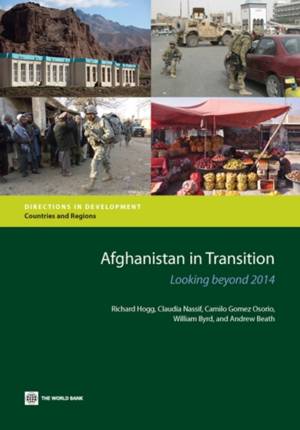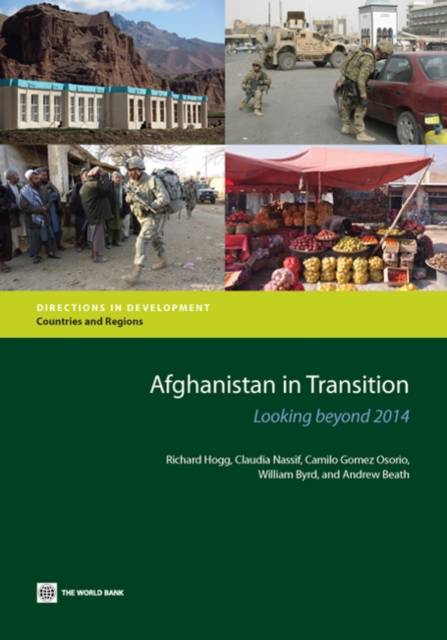
- Afhalen na 1 uur in een winkel met voorraad
- Gratis thuislevering in België vanaf € 30
- Ruim aanbod met 7 miljoen producten
- Afhalen na 1 uur in een winkel met voorraad
- Gratis thuislevering in België vanaf € 30
- Ruim aanbod met 7 miljoen producten
Zoeken
€ 44,45
+ 88 punten
Omschrijving
The withdrawal of most international troops by 2014 will have a profound and lasting impact on the country's economic and development fabric. This book explores some of these ramifications. Development progress since 2001 has been mixed. The country has recorded some major achievements such as rapid economic growth, relatively low inflation, better public financial management, and gains in basic health and education. Key social indicators, including life expectancy and maternal mortality, have improved markedly, and women are participating more in the economy. Yet in other respects, particularly governance and institution building, the country has fared less well, and many indicators have worsened in recent years. Afghanistan remains one of the world's least developed countries, with a per capita gross domestic product (GDP) of only $528.
Specificaties
Betrokkenen
- Auteur(s):
- Uitgeverij:
Inhoud
- Aantal bladzijden:
- 194
- Taal:
- Engels
- Reeks:
Eigenschappen
- Productcode (EAN):
- 9780821398616
- Verschijningsdatum:
- 6/03/2013
- Uitvoering:
- Paperback
- Formaat:
- Trade paperback (VS)
- Afmetingen:
- 178 mm x 254 mm
- Gewicht:
- 349 g

Alleen bij Standaard Boekhandel
+ 88 punten op je klantenkaart van Standaard Boekhandel
Beoordelingen
We publiceren alleen reviews die voldoen aan de voorwaarden voor reviews. Bekijk onze voorwaarden voor reviews.











